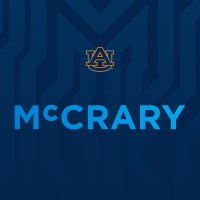
The Hunt Institute
The Hunt Institute is a strategic catalyst for transforming public education and securing our country’s future. Using our depth and breadth of knowledge, we bring together the right people and resources to facilitate critical dialogue and mobilize action on the issues that matter in education. Established in 2001, The Institute honors the legacy of James B. Hunt, Jr., the former governor of North Carolina who distinguished himself as an ardent champion of education. That work continues in earnest today. Our mandate: to inspire elected officials and key policymakers to make informed decisions that result in improving the lives of all children through quality education. In 2016, the Institute became an independent, nonprofit entity and joined forces with Duke University’s Sanford School of Public Policy to pursue research, educational partnerships and events related to improving education policy.






